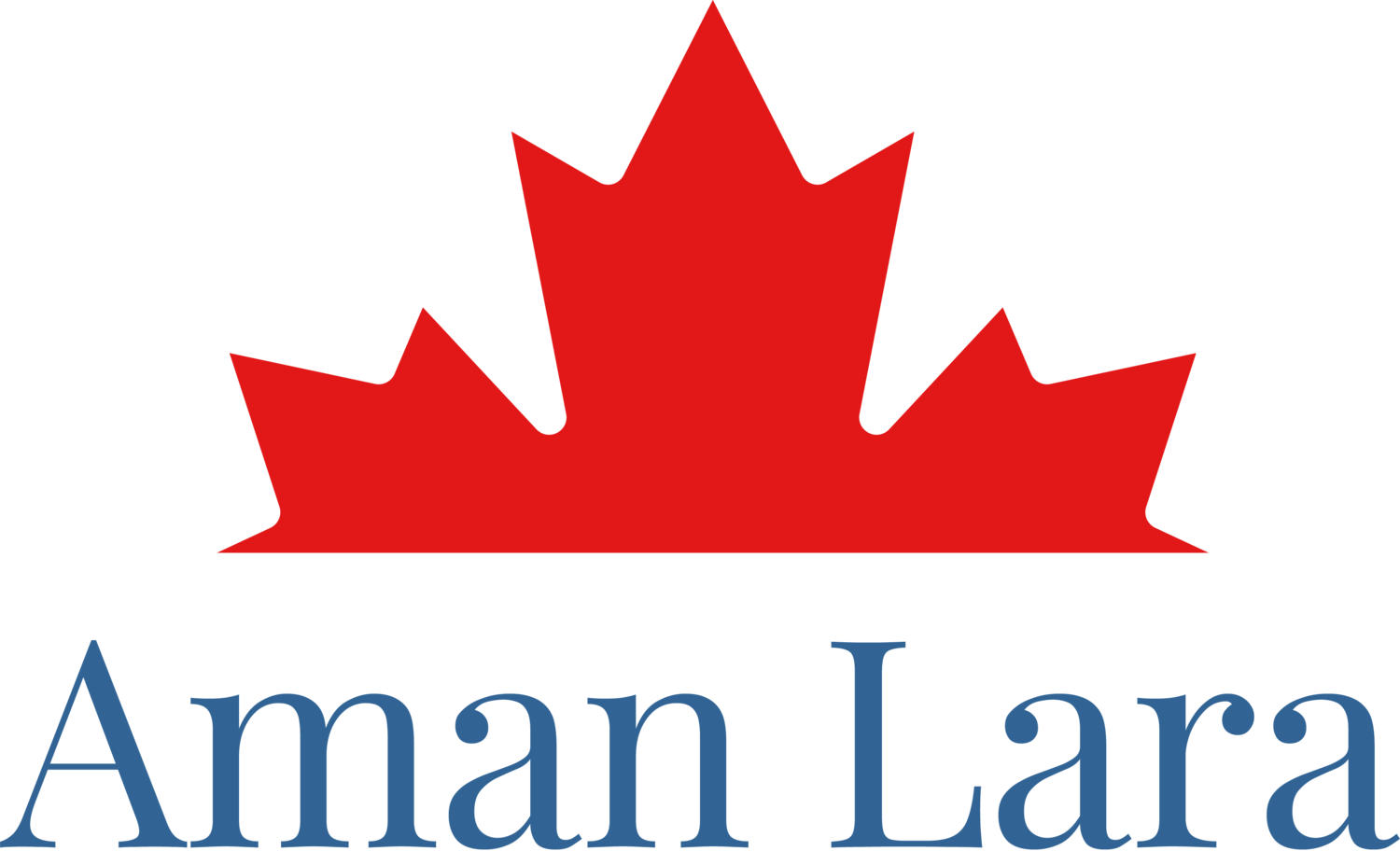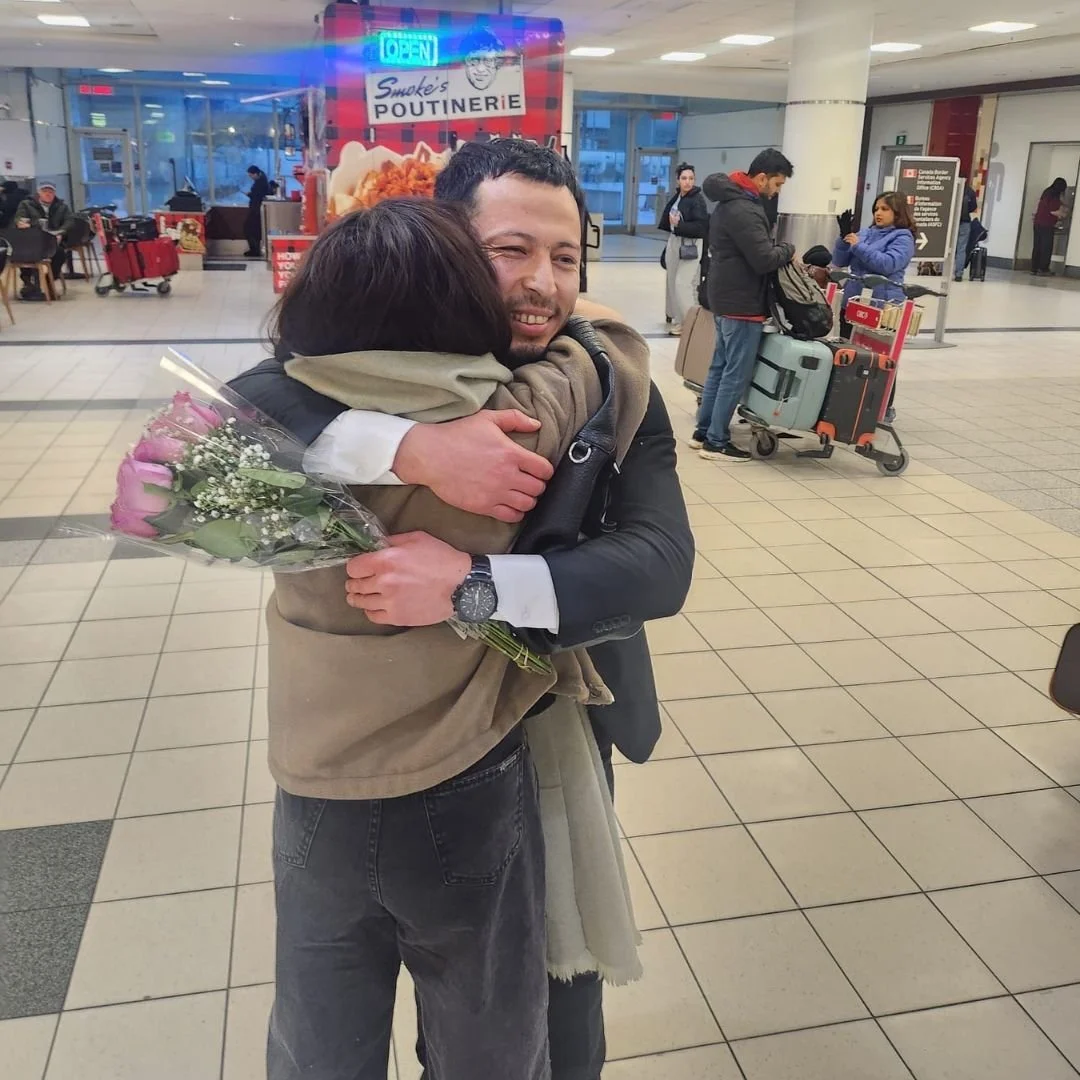Reigniting hope, enabling new beginnings: Why our work matters
by: Wendy Long
Imagine a brother and sister, separated as children by the very violence that has defined the experience of a historically marginalized ethnic group in Afghanistan.
Shah and his sister, Anis, were torn apart at a young age. Their father was targeted and killed by the Taliban, while their mother passed away from natural causes. Shah managed to escape to Indonesia, where he spent years detained in a refugee camp, living in uncertainty. Amid the chaos, Anis was separated from her uncle, and for years, her whereabouts remained unknown.
The Repercussions of a Persecuted Ethnic Minority
Shah and Anis’s story exemplifies the unique vulnerabilities of the Hazara people in Afghanistan. As a predominantly Shiite Muslim community in a Sunni-majority country, Hazaras’ distinct facial features, dialect, and cultural practices make them an easily identifiable group, one that has historically suffered enslavement, mass killings, and forced displacement. Once one of Afghanistan’s largest ethnic groups, Hazaras are now a marginalized minority, living under constant threat.
With the Taliban's return to power, this persecution has intensified. Taliban authorities have escalated their campaign of violence, forcing Hazaras from their homes, subjecting them to targeted attacks, and stripping them of fundamental rights.
For Hazara women, the situation is even more dire. Under the Taliban’s gender apartheid, their gender and ethnicity intersect in devastating ways. Hazara women face arbitrary abductions and mistreatment. Their lower socioeconomic status, resulting from decades of systemic exclusion, further limits their access to education, healthcare, infrastructure, and economic opportunities.
In the context of the ongoing Afghanistan humanitarian crisis, the overlap of ethnicity and religious identities compound the Hazara community’s suffering, making it harder for Hazaras to access foreign aid or secure resettlement in host countries. Evidence shows they are underrepresented in refugee resettlement programs, leaving many trapped in atrocious situations with no path forward.
A Story of Hope and Resilience
Shah carried the weight of uncertainty for years, never knowing if Anis had survived. Fortunately, his life took a transformative turn in December 2020 when I submitted his sponsorship application to Canada. Shah arrived in 2022, briefly staying with my family before securing a job and beginning to rebuild his life. But even as he adjusted to his new reality, he remained relentless in his search for Anis, listing her as missing on his application and putting out feelers that he was looking for her.
In late 2023, Shah’s unwavering determination finally paid off. He received the news he had been waiting for — Anis was alive and had been taken in by a kind family in Afghanistan. Without hesitation, Shah took action. He worked tirelessly to secure Anis’s passport and necessary documents, and in February 2024, her application to resettle in Canada was finally submitted.
Aman Lara facilitated Anis’s resettlement process, ensuring she was safely relocated to Pakistan while she awaited final approval to reunite with her brother in Canada. On January 29 of this year, Anis landed in Toronto, where she embraced Shah for the first time since childhood. Against all odds, they found each other again. They are all each other has in this world, and Canada has given them the chance to rebuild their lives together.
Why Organizations Like Aman Lara Matter
As Hazara people, Shah and Anis’s story encapsulates the enduring struggles of an ethnic minority in a country controlled by a regressive, militant regime. It also reflects the broader struggles and resilience of Afghan refugees and underscores the urgent need for holistic, compassionate humanitarian support.
This mission is at the heart of Aman Lara’s work to address the specific needs of Afghan refugees and tailor our resettlement approach to restore their dignity, safety, and self-sufficiency. Behind every refugee statistic is a human life, and behind every resettlement effort is the hope to forge a new future.
It’s why our work matters. But we cannot do it alone. We call on our partners, policymakers, and global communities to stand with us in advocating for at-risk Afghan refugees. The Hazaras — and all those fleeing persecution — deserve the right to rebuild their lives with purpose and autonomy.
Together, we can make that possible.

